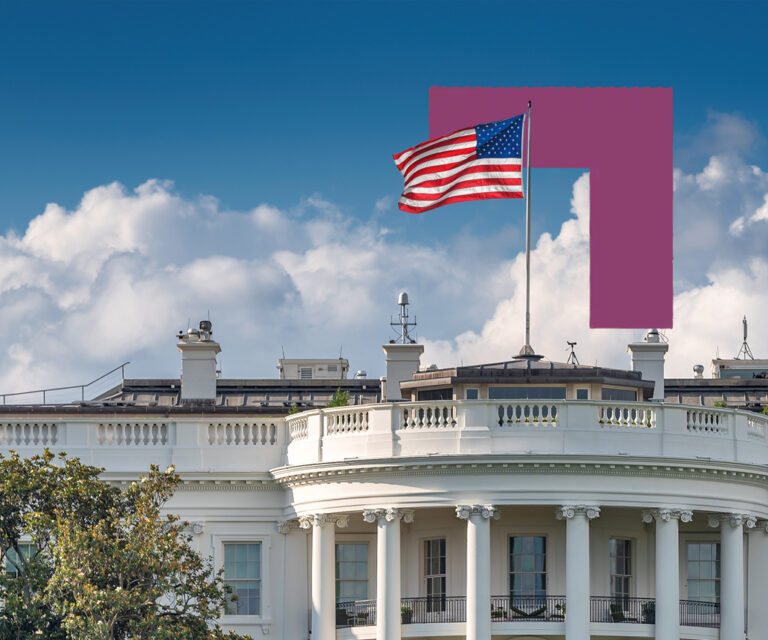-
Local issues with global impacts
Taxation is typically a national or local issue, not a global one. However, the runaway success of technology companies and, in recent years, online retailers has elevated the topic to the international arena. The pandemic has increased tech companies’ market-leading positions, as locked-down households and businesses availed themselves of on-line products and services. Many of these companies have a vast store of highly scalable intellectual capital, which can be “relocated” to whichever jurisdiction taxes it the least. Or to put it another way, when most of a business lives in “the cloud” how do you tax it?
Or to put it another way, when most of a business lives in “the cloud” how do you tax it?

In response, there has been growing support, particularly from European countries, for a so-called “digital tax”. The recent counterproposal from the US for a global minimum corporate tax rate further acknowledges that national taxation policies need to be harmonized and overhauled. Tax avoidance through “jurisdiction-shopping” can be as damaging to national economies as another tariff war.
Corporate and asset tax changes are maddeningly complex and difficult to predict. Each country employs a vast arsenal of tax instruments targeting income, capital gains, transfer taxes, user fees. Real estate, because it is readily identifiable and immovable, has long been a favorite taxation target. But, so have corporations, households, financial transactions, travel, and trade. And all countries make extensive use of “tax expenditures” (aka exemptions and loopholes). Many countries such as Ireland and Singapore use low corporate tax rates to attract investment, while others such as Hong Kong offer incentives to dissuade companies from leaving. Still others, actively market their tax haven status and offer tax advantages for individual and corporate investors.
The long term trend across all countries has been to reduce corporate tax rates. In 1980 corporate tax rates averaged 40% around the world. In 2020, the average is now 23.8%[1]. If a global minimum corporate tax is introduced, a likely repercussion is that low-tax countries might lose some of their competitive advantage. Occupier demand for office space in cities that rely heavily on tax policies to attract corporations could be negatively impacted. This comes at a time when many technology and financial services firms are likely to emerge from the pandemic with a more flexible working policy that results in a re-evaluation of office space requirements.
Yet, no nation is likely to relinquish their taxing power without a lot of vigorous debate; the law of unintended consequences is likely to apply. Some European countries could benefit from higher tax revenues paid by Amazon, Facebook and Google. Meanwhile, the Asia-Pacific triumvirate of Alibaba, JD.Com and Tencent have also caught the attention of government regulators from time to time. Both situations demonstrate a power struggle between nation states and giant technology companies. Any negative impact on office markets from tech companies downsizing their physical footprints would likely not be hugely detrimental to office districts in Europe, Canada, and Japan, where space availability is already low. In the US, vacant office space is plentiful, yet tech companies like Apple (North Carolina) and Amazon (Northern Virginia) continue to plan expansions of physical space in anticipation of a “hybrid” Work-From-Home/Creative-collaboration office model.
In sum, the COVID era has given impetus to a series of “big government” policies: Infrastructure spending, reduced Greenhouse Gas emissions, and a more equitable, healthier environment are among them. Yet, nearly all these programs come at a high cost, which taxation policies are designed to address. Many real estate investors, including LaSalle, are rapidly adopting voluntary “ESG” policies, including “Net Zero Carbon” pledges, to do our part to improve the world. We believe these ESG initiatives can often be accomplished by the private sector, without the need for huge increases in taxation—although 88 countries already have “carbon taxes” according to the World Bank and more are coming. Yet, as owners and managers of hard assets, we share the concern that the playing field is not level. Owners of IP and virtual networks often escape the scrutiny of tax authorities, in a way that is impossible for the owners of “brick and mortar”. Those days may be coming to an end.
[1] Taxfoundation.org

Nov 19, 2024
ISA Outlook 2025
Shifting interest rates, dynamic occupier fundamentals, deepening bifurcation within sectors: how should real estate investors respond?




